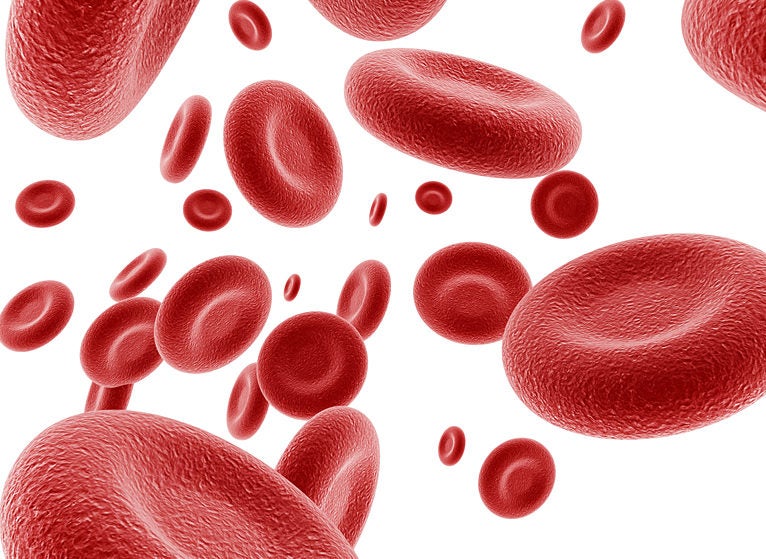

National Blood Supply Shortage Requires Careful Clinical Coordination
We write to make you aware of the current serious state of the nation's blood supply. In brief, our blood supplier, the American Red Cross/ARC (and indeed all blood suppliers in the US) are facing unrelenting and mounting challenges for the supply of blood. These include:
- Persistent Staffing Challenges:
- Severe staffing shortages limits ability to collect blood products.
- Blood drives are canceled or consolidated to accommodate the fewer available staff needed to operate them.
- Donor Engagement:
- Persistent heightened urgency declaring an acute need for blood donations has resulted in donor fatigue.
- Hospital Demand:
- Demand has consistently been higher than ARC can supply, hampering ability to restore national inventory.
The Red Cross is projecting significant and sustained blood and platelet shortages for the remainder of the calendar year. These shortages will sometimes be severe and will limit their ability to meet UVA Health System’s need for blood.
The ARC has asked us to reduce by 10% our usage of red blood cells, platelets, and cryoprecipitate for the remainder of the calendar year.
We would appreciate it if you would make the service lines and other relevant stakeholders aware of the shortage, as well as our specific asks, below:
We are asking:
- Before scheduling procedures that require blood, all providers should coordinate with the blood bank to confirm blood product availability. Be especially cautious regarding high-risk procedures that may require high volumes of blood products. The blood bank may be contacted at 924-2273.
- To avoid a crisis, consider slowing the pace of elective surgeries that require transfusion support, including elective cardiac surgeries. The shortage is currently affecting group O inventory the most; please bear in mind patient blood group when scheduling elective surgeries that may need blood. Again, contact the blood bank (924-2273) for inquiries about inventory and availability for your patient.
- Please follow UVAHS’ evidence-based transfusion guidelines. Specifically, for non-bleeding asymptomatic stable inpatients:
- Do not transfuse RBC when hemoglobin is above 7.0 g/dL
- Order only one unit at a time; re-check a hemoglobin after one unit has been transfused to determine if a second one is indicated.
- Avoid unit wastage: Do not send for a blood product unless you are sure you are going to transfuse it.
- Evaluate patients with low hemoglobin levels that may benefit from Erythropoietin and/or IV iron.
- Reduce frequency of blood draws for inpatients where possible
Thank you for working collaboratively with the blood bank so that we may be able to weather this crisis with as little impact as possible. Know that the ARC is devoting a great deal of resources to solving the current blood shortage problem.
James D. Gorham, MD PhD
Medical Director, Blood Bank and Transfusion Medicine Service
Department of Pathology
Latest News



